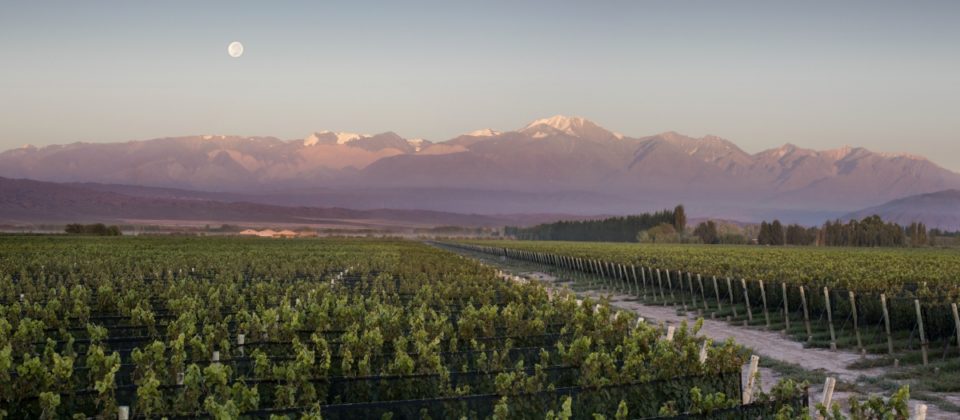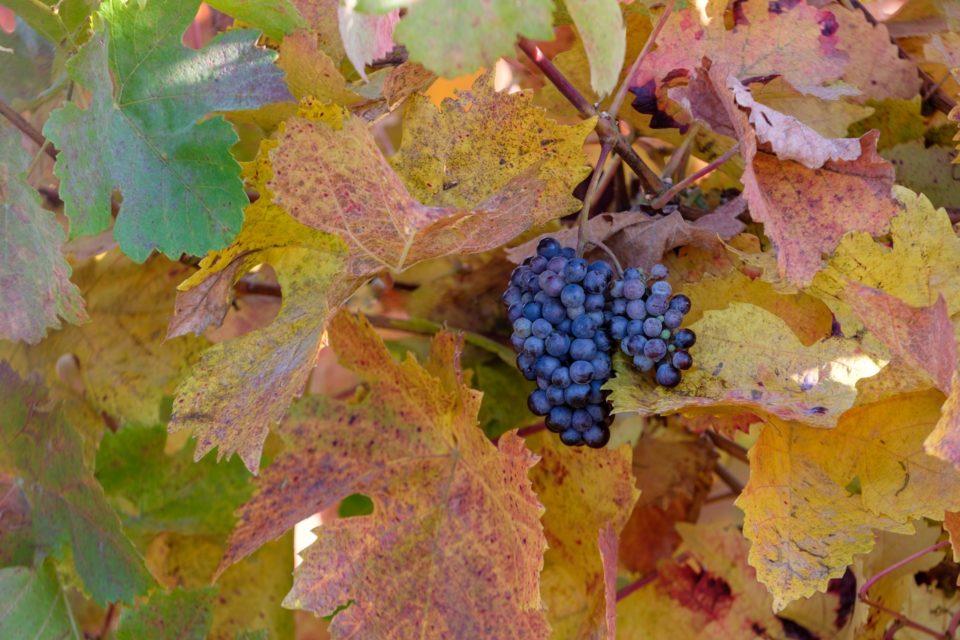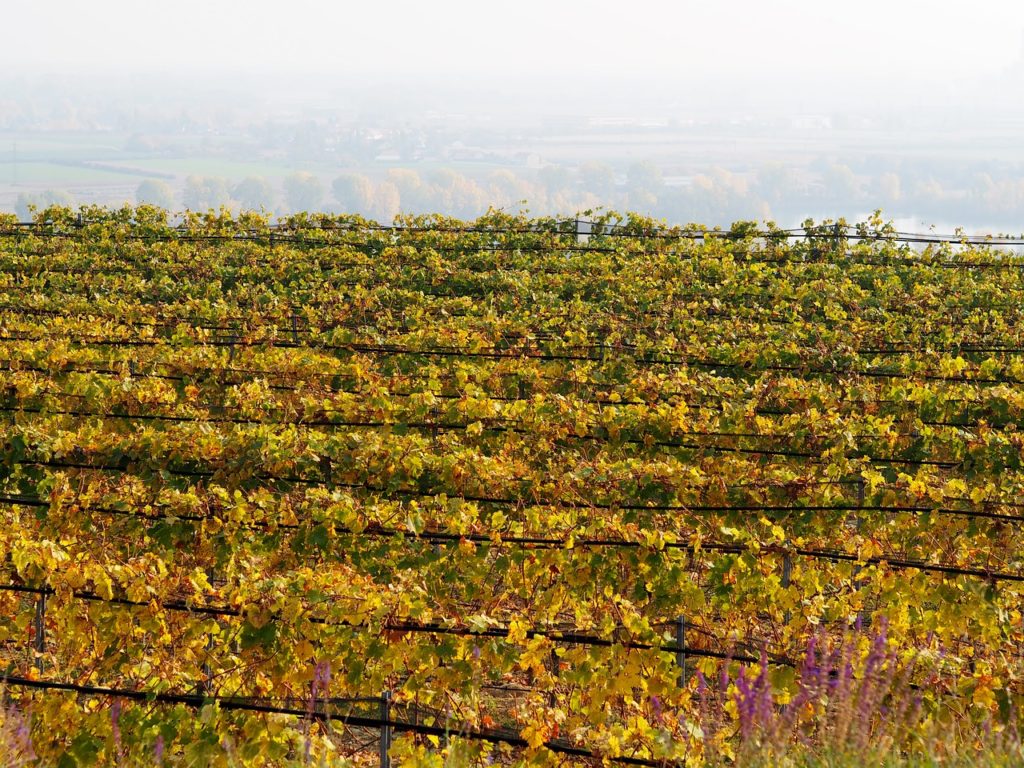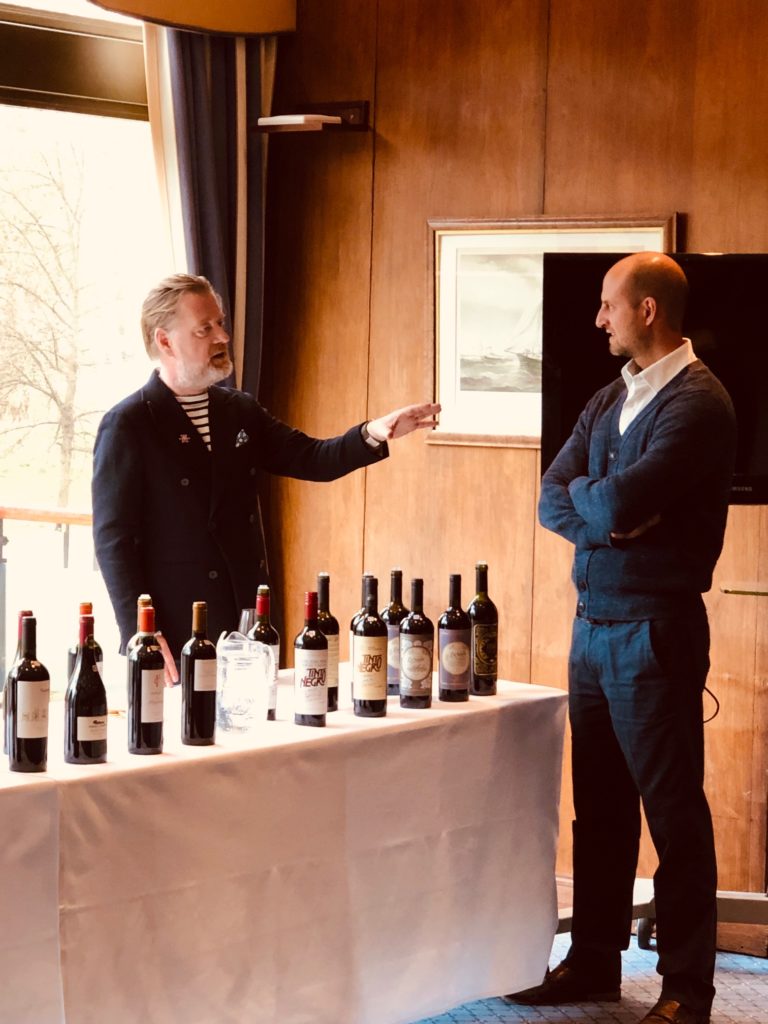Under the southern stars: Argentina’s Chakana story
Interview 2: New age Argentinian wines are more than just typical Malbec. A taste of biodynamic wines from Mendoza’s Chakana tells a very different tale
Google Chakana and you see the tagline ‘Viticulture for the future’ written alongside. That is what the wines are made for, according to the founder, Juan Pelizzatti of the award-winning Chakana wines of Argentina, established in 2002. His biodynamic wines are made with a view to respect and sustain the earth.
Pelizzatti, the founder of the award-winning Chakana wines of Argentina (2002), possibly never imagined he would tread the difficult path of biodynamic viticulture in his quest to make wines which reflect the bounty of nature in Argentina. The laws which govern this form of viticulture – biodynamic – made him a convert. For a man who followed a mainstream career path (he is a former electrical engineer who worked with a telecom company) Pelizzatti turned into a believer who understood that wine is a product of nature, and should not be subjected to factory-like conditions and exposure to harmful chemicals.
Chakana became organic in 2012, and biodynamic from 2015. His young winery has been showered with accolades, and even for those who do not believe in the movement which connects earth and wine, must appreciate his achievements.
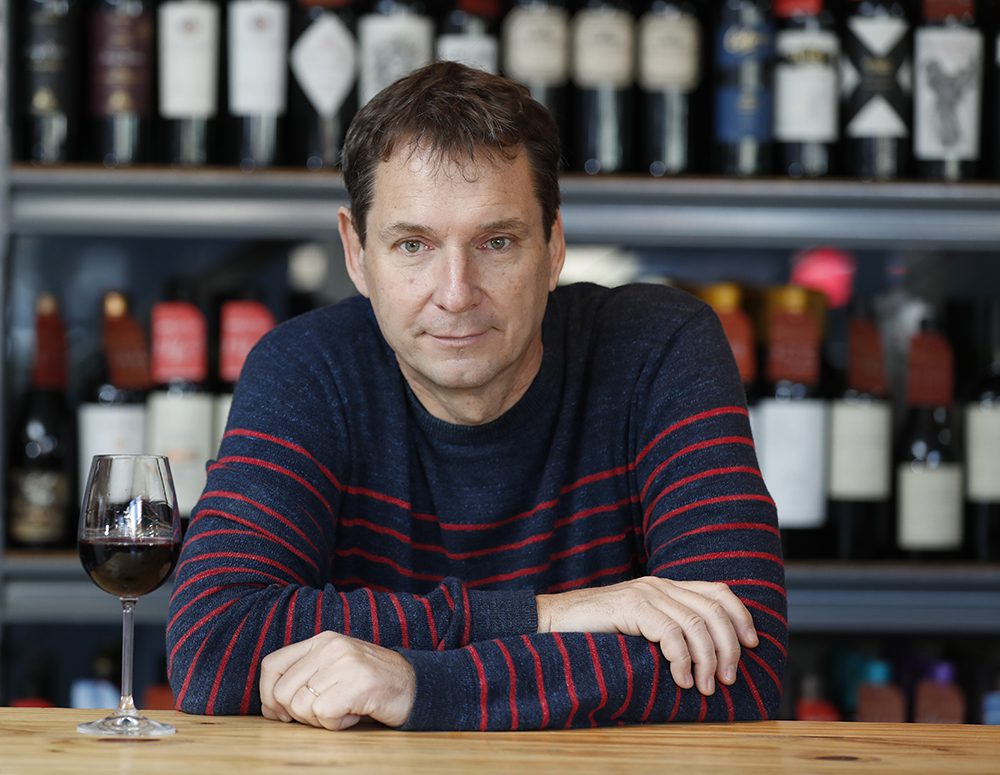
Juan Pelizzatti, founder of Chakana wines
One drizzly morning last month, members of the Circle of Wine Writers based in London, sat around the table in the venerable Naval Club listening to him talk with quiet intensity about his wines and his chosen route to winemaking. The tasting that accompanied it was an eye-opener. In his portfolio were varietal wines and blends, Tannat, Bonarda, Cabernet Franc, Syrah, Torrontes, Chardonnay (my favourite in the tasting, a gently textured beauty of complexity), Petit Verdot – all tiny productions of 3000 bottles, and the inevitable Malbec, which had the largest production (20,000 bottles). The whites had undergone long, gentle maceration to give texture and depth but no noticeable oak flavours were evident, mainly because of Pelizzatti’s use of large oak foudres and unlined concrete tanks. Use of sulfur was negligible. These were products which reflected the altitude and varied soil of Mendoza.
This was an exciting morning for me. I approached Pelizzatti after the event, wanting to schedule a chat.
Excerpts:
Chakana is a very young wine company, and in fact, you entered the industry as an outsider. even though your family owned vineyards years ago. What made you decide to set up a winery and achieve so much in such a short time?
In wine terms, Chakana is a young company, although it is already 17 year old. We started in 2002. I am an electrical engineer and worked in phone companies before I started with my wine project. My family comes from Valtellina, a wine region in northern Italy, and my grand uncle owned a winery during the XXth century. I still have cousins who make wine there. My father came to Argentina after WWII and established here, but he worked as a construction engineer. Making wine was a way to reconnect with his roots and with nature.
Chakana’s route to winemaking is far from regular – you made a commitment to biodynamic winemaking, something that is not easy by any standards. What drew you to this path?
At first, I approached making wine from my passion as a wine lover. But as I learned and the project developed I realized the cultural and sacred value of agriculture in general and wine making in particular, as it goes beyond consumer goods and expresses an intimate relationship with a place and its nature. This drove me to look for a more holistic and pure approach to winemaking which held the promise of solving some of the difficulties we were experiencing in the vineyard (compaction, lack of balance).
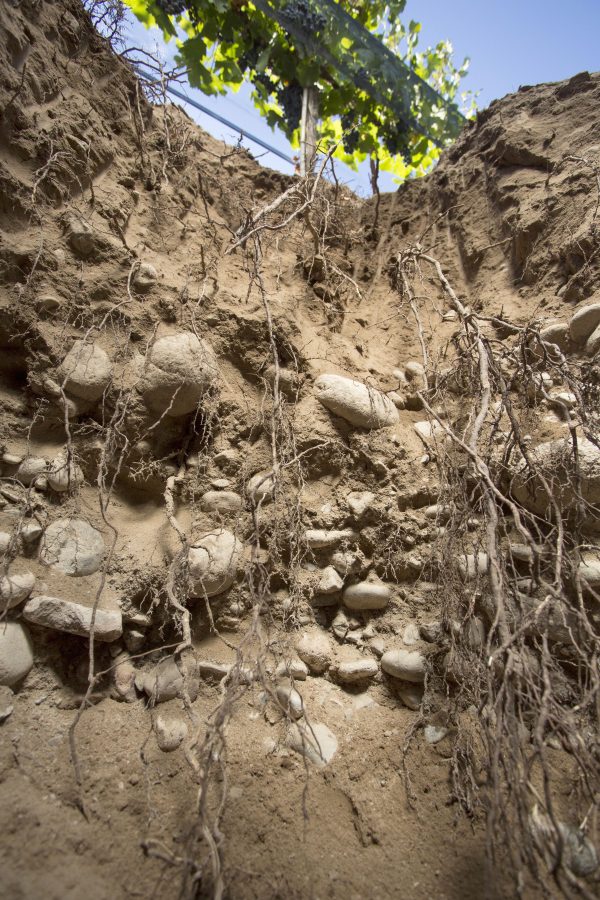
Argentina has incredibly diverse soils and grows grapes at different altitudes, affecting the profiles of its wines. Here is seen the calcareous soil of Chakana’s Altamira vineyards.
We converted to organic and biodynamic in 2012, under the guidance of the late Alan York, an American biodynamics pioneer with a very empirical approach to biodynamics. Alan encouraged me to observe and experience, and I felt the need to deepen my understating. I moved to the UK for a year to do a masters course on ecological agriculture at Schumacher college, a very unique college dedicated to holistic thinking and ecology. This transformed my vision of my role in society and my understanding of it. Wine has become a way to incarnate a different understanding of agriculture and food production, one that might be irrelevant to the world at large, but fulfils my need to dissent and reflect of what we are doing wrong as a species.
You have mentioned that Argentina is “going through a wine renaissance.” Can you explain? And how do Chakana’s biodynamic wines play a role in this movement/renaissance?
(more…)
